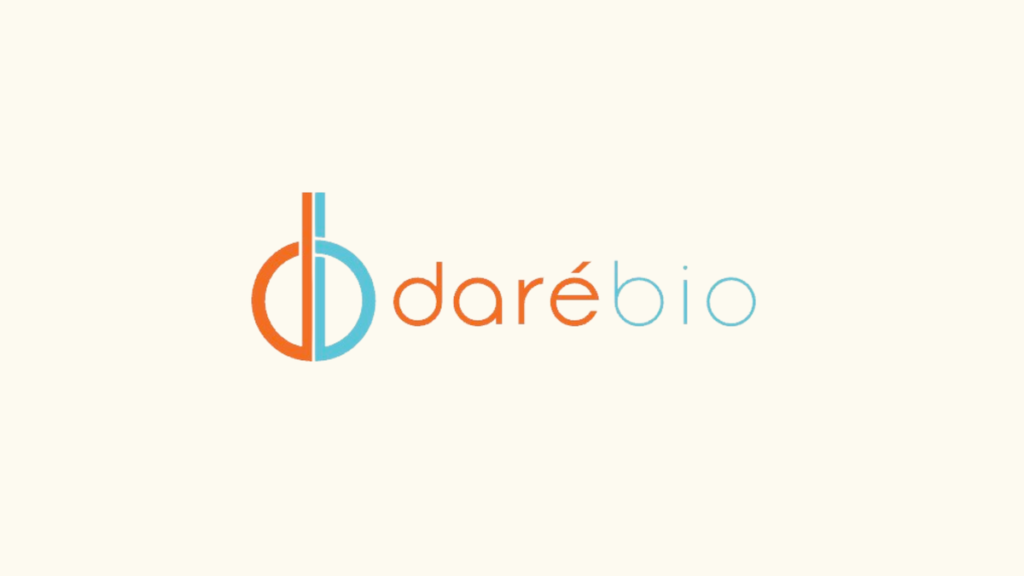
Daré Bioscience has announced positive interim Phase 3 results for its hormone-free contraceptive Ovaprene while highlighting the broader potential of its intelligent drug delivery platform for applications in obesity, diabetes, and metabolic disorders.
The interim analysis of Ovaprene’s Phase 3 trial showed approximately 9% of women experienced pregnancy, consistent with company expectations and supporting the potential for the first-in-category hormone-free monthly intravaginal contraceptive. The independent Data Safety Monitoring Board recommended the study continue without modification, with no new safety concerns identified.
“We are encouraged by these interim results, which reinforce the potential of our hormone-free contraceptive candidate to provide women with a meaningful alternative to existing hormonal and non-hormonal methods,” said Sabrina Martucci Johnson, President and CEO of Daré Bioscience.
The company’s broader strategic focus centers on its DARE-IDDS platform, originally developed at MIT by Dr. Robert Langer and Dr. Michael Cima. The programmable, wirelessly controlled device can deliver hundreds of individualized doses over months or years without recharging or surgical replacement, with applications extending far beyond contraception.
The platform features precision dosing through programmable micro-reservoirs, extended duration capability from monthly to multi-year dosing, and remote programmability allowing real-time adjustments to schedules and dosing parameters. An implant-grade battery is designed to last up to 20 years, while smartphone integration provides user and clinician interfaces.
“Beyond reproductive health, this platform has the potential to dramatically improve patient adherence, reduce treatment burden, and lower healthcare system costs in areas that today rely on frequent injections or daily oral dosing,” said Johnson.
The DARE-IDDS platform supports integration with GLP-1 analogs, anti-obesity medications, hormone therapies for diabetes and breast cancer, infertility treatments, and neurologic disease treatments including Parkinson’s disease. Daré is actively exploring strategic collaborations to expand platform investigation into these additional therapeutic categories.
Clinical proof of concept was previously validated with an earlier prototype in osteoporosis patients, establishing feasibility of long-term, programmable drug release via implantable devices. Since acquiring the technology, Daré has enhanced electronics, battery performance, and precision dosing capabilities.
The company received $6 million in non-dilutive grant funding, bringing total received to $37.8 million of up to $49 million committed for development of DARE-LARC1, the contraception-focused application. The funding supports nonclinical development, IND-enabling studies, and FDA submission preparation.
For Ovaprene, approximately 17% of participants discontinued due to vaginal odor, the most commonly reported adverse event, while overall tolerability remained favorable. Participants who completed the study reported they would likely use Ovaprene if available. The ongoing trial targets 250 participants completing approximately 12 months of use.
Bayer holds rights to obtain exclusive U.S. commercialization rights for Ovaprene following pivotal trial completion, with potential payments up to $310 million plus double-digit tiered royalties. The expansion into metabolic health represents potential future applications for Daré’s platform technology rather than current business operations, as the company continues focusing primarily on women’s health while exploring broader therapeutic opportunities.



